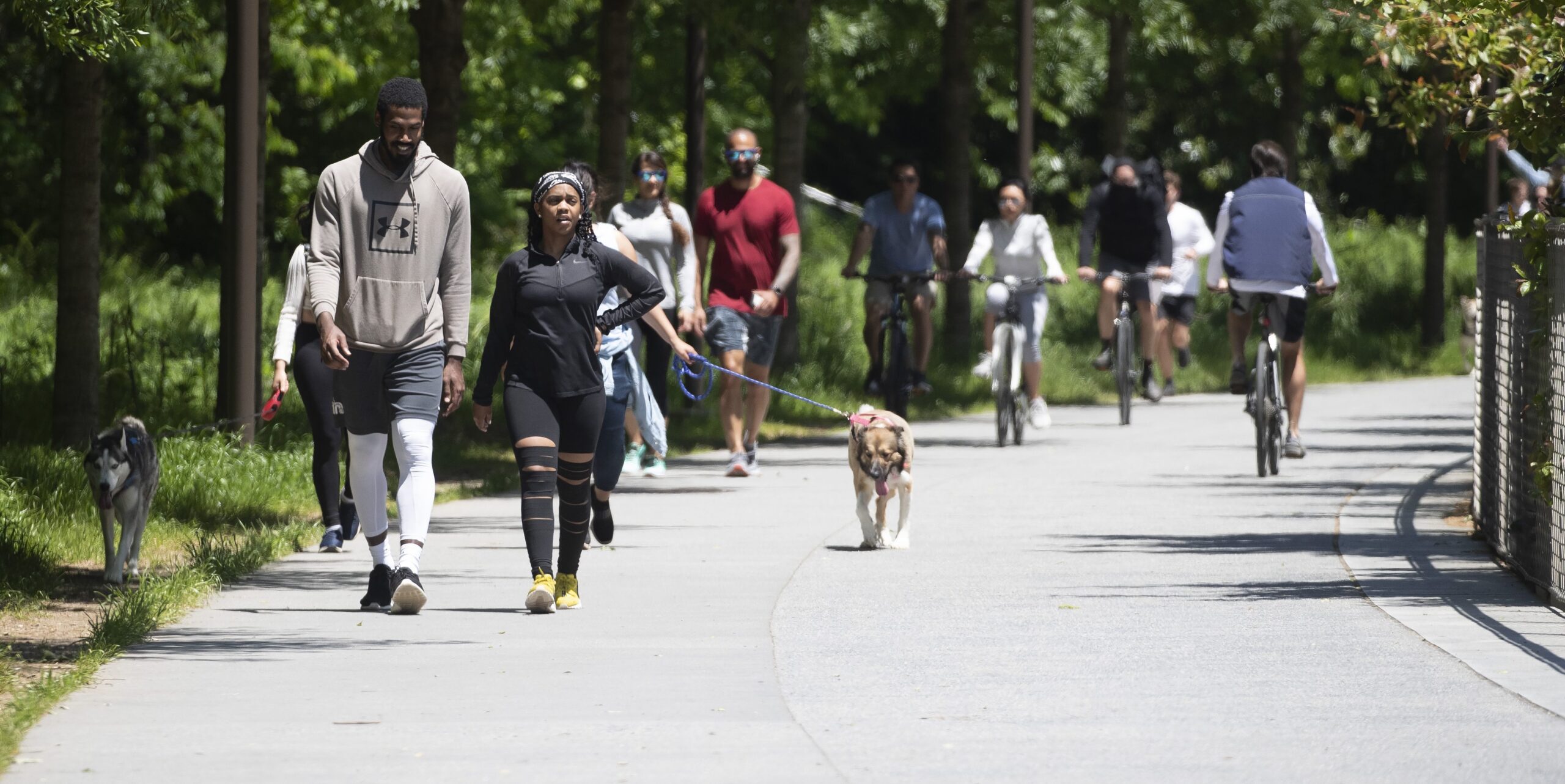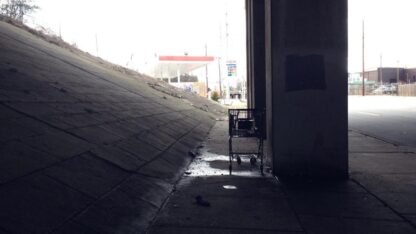The Atlanta City Council this month voted to raise taxes for businesses and apartment buildings along the BeltLine.
The extra money will be used to help meet the goal of completing the full 22-mile loop as early as 2029.
BeltLine CEO Clyde Higgs talked about how much of an impact funds from the Special Service District, or SSD, will have on completing the anticipated 22-mile trail loop. Higgs broke down the funding this way: $100 million from the SSD, $100 million from Atlanta’s philanthropic community and $100 million from the BeltLine’s current budget.
“This is game-changing for us, and this is going to be another one of those pieces where the historians write about the development of the city of Atlanta, that significant vote is going to be a part of that conversation,” Higgs said.
But the historians may also write about how some businesses along the BeltLine, and some members of City Council, aren’t in favor of the tax hike, according to Atlanta City Council member Howard Shook.









